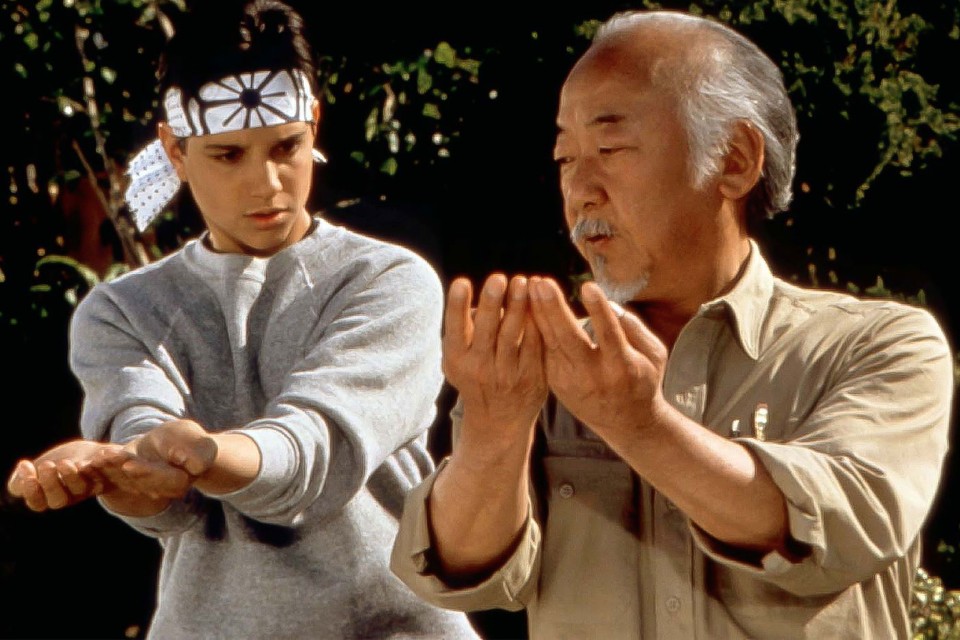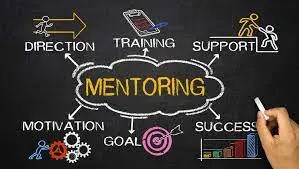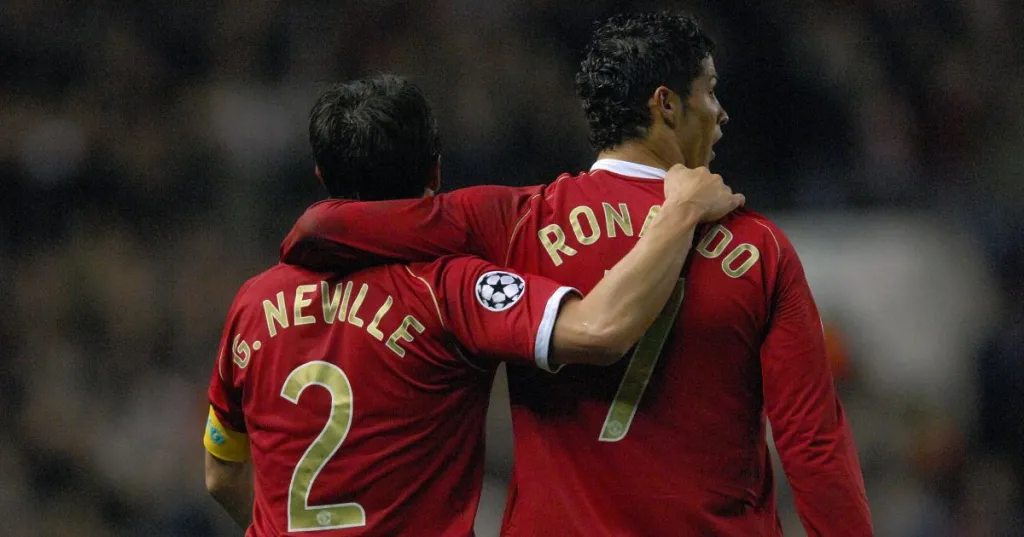“Karate is only for defence. But when the fight comes to you, you have to be ready to fight back”. This is the motto of the fictional Miyagi-Do karate that is based on the Goju-ryu Japanese style of traditional Okinawan karate. Many of the readers may have watched “The Karate Kid” an iconic movie released in 1984 that was unsurprisingly followed by many sequels as well as several remakes that also had Jaden Smith as a new age karate kid with Jackie Chan as his sensei (martial arts teacher). I strangely missed watching all these movies when they were released but binge watched the Netflix series “Cobra Kai” which is a 5 season drama extension of the Karate Kid with all the original characters back on the screen after almost thirty years. This nudged me to watch the original (The Karate Kid) and I found it both endearing and deep. One of the key learnings from the movies and the drama series is the influence a mentor can have on an individual. It can wreck one’s life or make it more meaningful and fulfilling.

Mr. Miyagi (Pat Morita) is the mentor of Daniel LaRusso (Ralph Macchio), who helps him learn the Miyagi-Do form of karate which is a peaceful and balanced martial arts form that teaches students to defend oneself, protect others and bring inner peace. Along the way he builds in Daniel a strong character not just on the mat but also in real life. His karate teachings are based on simple life lessons that stand Daniel in good stead, helping him fight poverty and bullying and eventually in building a successful car dealership enterprise. On the other hand, a troubled rich kid called Johnny Lawrence (William Zabka) is mentored by a complexed soul in John Kreese (Martin Kove) who practices Cobra Kai, a form of karate with no moral or ethical spine. It believes in “Strike First. Strike Hard. No Mercy.” a complete antithesis to Miyagi-Do. In the Netflix resurrection, Johnny the star student of Cobra Kai realises that the mentorship he had was flawed and sets about correcting it and, in the process, make amends in his personal life.

Both the central characters were young boys who were part of a broken family with very little family support, balanced teachings and upbringing. Hence, they had to fall upon an external figure to guide them. This is a situation which many young children are faced with. Not only because of a discord between their parents but for many other reasons. Some out of choice and some forced upon them. These could range from studying in a boarding school far away from family or staying with relatives while pursuing education or sports, or having to quit education due to financial constraints and so on. Also when it comes to sports, the athlete spends more time outside one’s home. He or she is mostly with their peers who could also be their competitors, coaches, support staff and other hangers on. If the fundamental parental inputs have been inadequate or cut short at an early age, the kid is left to fend for oneself. They are left all alone to choose the right path and hopefully make the right decision. This ability to make the right decision is impacted by not just luck but also the influences surrounding the individual. This is where a good mentor can play a major career defining role. Not everyone is lucky as pointed out in my last blog https://nudgecare.wordpress.com/2022/10/08/fortune-at-the-bottom-of-the-pyramid/. Indian sporting history is littered with stories of talented athletes gone astray.
The role of a mentor should and could ideally be played by the coach. But mentorship is not the same as coaching which leads to many coaches believing that teaching the skill and technique is enough when combined with the intrinsic talent to take the athlete to higher levels of their sport. With each level, there are bigger and more complex challenges, not just on the field of play but off it. It is these off the field challenges that can make or break an athlete. Many athletes sacrifice formal education to focus on the sport of their choice. This is where a mentor comes in. He can help the athlete understand key values and develop traits such as empathy, respect, responsibility, humility and more. He can help the athlete with decision making and guide him or her towards independence and self-confidence. This may involve matters of finances, inter personal relationship and even communication skills. I know of a mentor who paid out of his own pocket so that a cricketer who hailed from a small village, could attend spoken English classes. Not knowing English was affecting the confidence of the lad which in turn led to poor performance on the field.

Mentoring can also be self-learnt through observation. But this is a skill which very few possess. There is this fascinating example of Cristiano Ronaldo and how the seniors around him at Manchester United helped him develop into the super star that he is today. When he joined the club for the first time, he used to observe how the other guys always arrived for training one hour early. He especially looked up to Gary Neville, whom he considered to be the most professional player he ever saw. Neville at that time had played at the top level for ten years. Ronaldo started observing the work ethic of these seniors and started pushing himself to do the same or even more. Matthew Syed in an article in the Sunday Times, UK has mentioned that “Just as Neville and his younger team-mates such as Ryan Giggs and Paul Scholes had learnt from the prodigious work ethic of Eric Cantona, Ronaldo learnt from them, a cultural cascade that says much of United’s success in that unforgettable era.” Michael Jordan is another super star who learnt through observation. He looked at his peers and pushed himself to do better. He set a very high standard due to this competitive attitude and a desire to learn.

Another interesting concept shared in the same article is the rub off effect that is an indirect form of mentorship, and also known as the Köhler effect. The article mentions: “In the 1920s an eccentric German psychologist called Otto Köhler performed an experiment. As a coach of a Berlin rowing team, he was keen to improve the performance of the team as a whole and, in particular, the weaker members. So, he tried something novel: he paired weaker with stronger rowers during training sessions, seeing if the example of the better performers might rub off. Almost immediately, he detected a powerful effect — one that has since been replicated in multiple contexts. Paired with stronger rowers, the weaker ones strained to improve and, over time, saw impressive results. One aspect of this uplift, the research shows, is to do with habits. High-performing rowers tend to achieve their mastery through hard work and diligent preparation. Weaker rowers, witnessing this philosophy, copy it. Psychologists call it “social contagion” Both Jordan and Ronaldo seem to be classic examples of the Kohler effect.
An important part which is more often ignored is the importance of having a stable mentor in one’s life. The benefits can be immense and life changing. But other influencers especially the decadent social media lot can mislead an impressionable mind into believing the flippant world from where coming back becomes difficult. As Galileo has said “You cannot teach a man anything. You can only help him discover it within himself.”
The author is the founder of Nudge Sports (www.nudgesports.in) where we strive to build a strong sporting community by nudging the athlete to become not just a better player but a stronger and a socially conscious individual using top-notch mental conditioning programs. All our programs are developed by qualified and experienced sport and performance psychologists.





